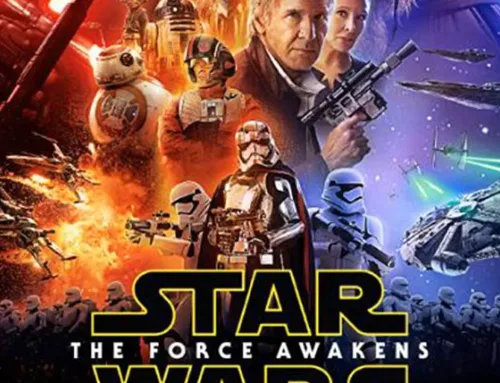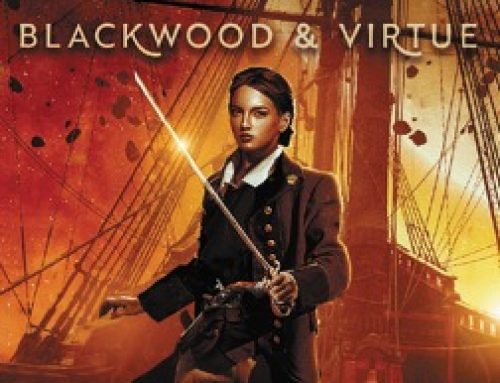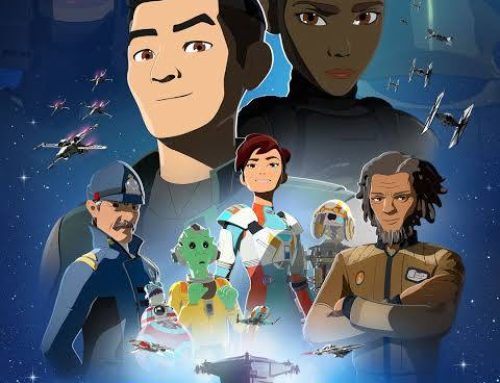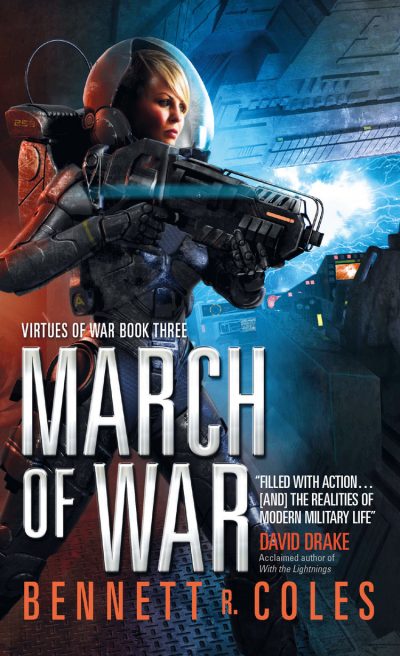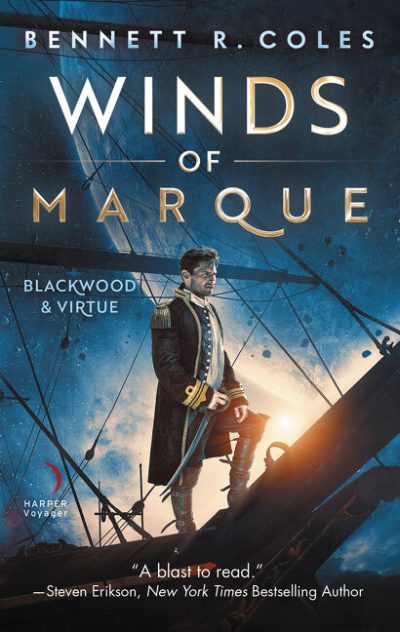Let’s Talk About Science Fiction
Sometimes I’m asked why I write science fiction. The simple answer is that I saw the original Star Wars when it first released in theatres. I was four years old and it shaped my entire worldview: everything is cooler if it’s in SPACE.
But the real answer is more complicated. Science fiction is far more than googly-eyed monsters, spaceships and robots. It is perhaps the largest and most diverse genre in writing, and top-quality sci-fi can range from the ridiculous to the sublime.
What is Science Fiction?
So how do we define sci-fi? Good question. In essence, the story must have some form of the fantastic within it – something that doesn’t exist in the real world today. It can mean “futuristic” stuff like flying cars and spaceships that travel easily between the stars, but it can also be very present-day like AI-run-amok or genetically engineered dinosaurs. Sometimes sci-fi is very close to our current reality, but it introduces something new (a technology, a discovery, an idea) that takes us into the fantastic.
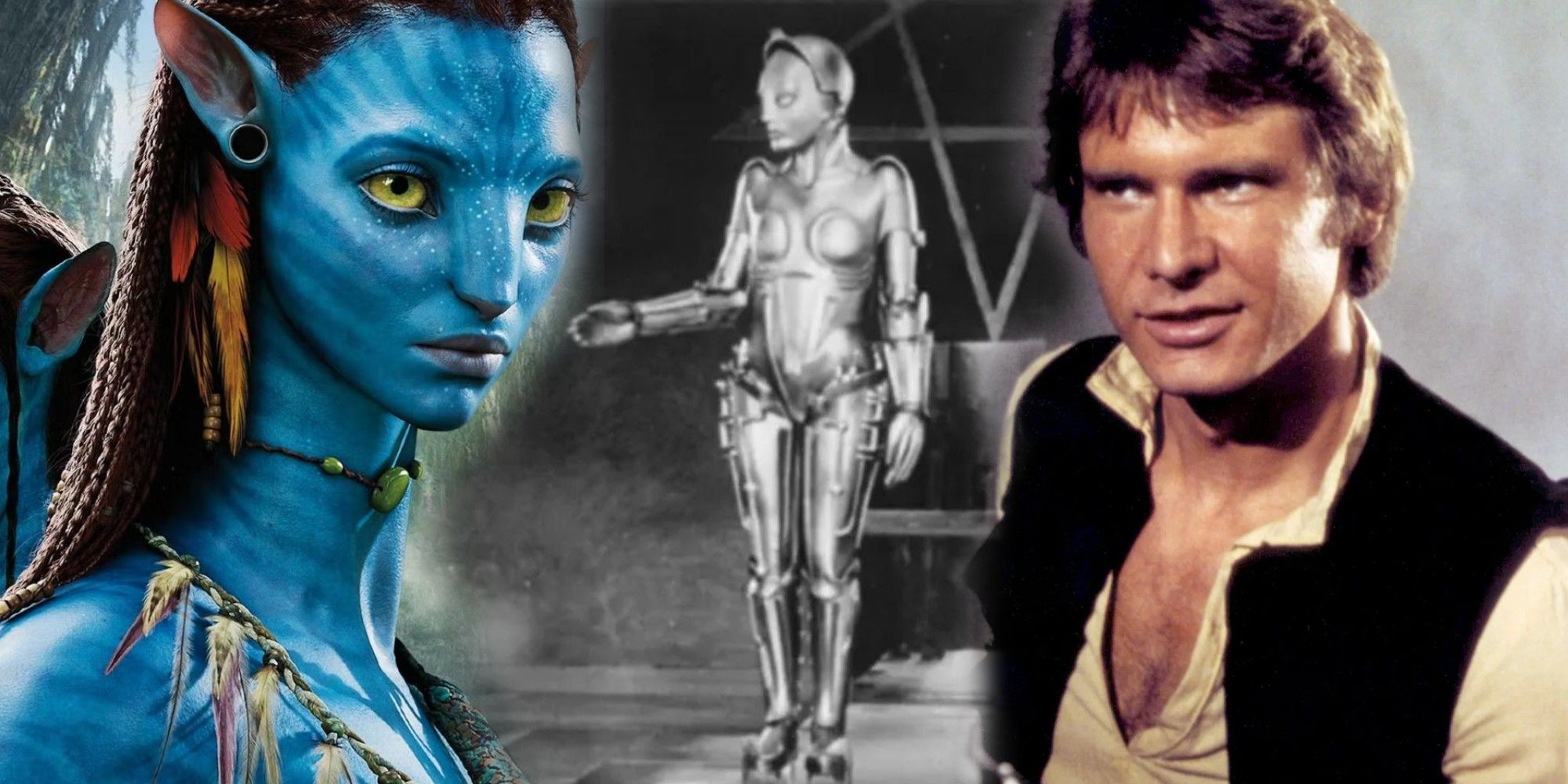
This is one of the great things about sci-fi: it can basically be anything. Interstellar empires, near-future wars, genetic engineering gone wild, aliens visiting a small town, voyaging to the bottom of the ocean, time-travelling robot assassins, alternate histories, the exploration of Mars… These are all science fiction. It gives an author a vast canvas upon which to create, with very few guardrails to hem you in. Liken this to historical fiction, or Westerns, or contemporary slice-of-life – all of them have very clear rules that have to be followed, and extensive research is a must for the author to not embarrass him or herself in front of their audience. With science fiction, any fantastic idea is fair game.
Fantasy versus Science Fiction
And I know I keep using that word “fantastic”. I reckon I better clarify that I’m not talking about the literary genre of fantasy, which is often considered a sister genre to sci-fi. There are even some stories that blur the boundaries between fantasy and sci-fi – Star Wars is technically “science fantasy” and is perhaps the most famous among them – and there’s no real need to draw a line in the literary sand. But in general, fantasy evokes ideas like magic, nature and internal power, whereas sci-fi evokes technology, processes and external power. A nifty description of what defines fantasy and sci-fi I once heard is this:
“Science fiction is stories about what could be. Fantasy is stories about what couldn’t.”
I’m personally drawn to the images of science fiction: the spaceships, the technology, the gear, the extension of our current day into a future of my imagination. After more than 20 years in the military I like to write stories that let me explore current military concepts and I find that interstellar space fleets allow me to more easily do this than knights on horseback flanked by magicians.
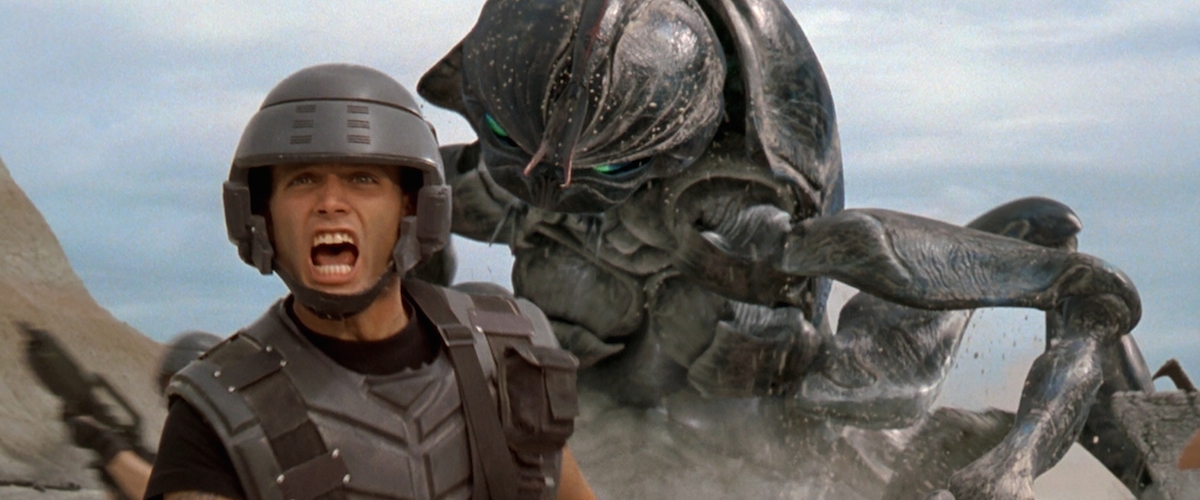
The Power of Allegory
I’m also drawn to something else that science fiction has always done well: offer commentary on the real world. Much of the very best sci-fi offers a great story, memorable characters and a well-imagined universe – all of which can be enjoyed at a surface level – but also offers a profound, cutting or even controversial commentary on current affairs in our world. It’s a genre where an author can explore dangerous ideas without actually stating them. It’s a genre where damning criticism of people in power can be laid out clear as day while shrouded in a fantastic world.
“Why no, Important Leader / Big Company / Dangerous Group of Ignoramuses, I wasn’t criticizing you at all… I was just telling a silly story about aliens.”
Can we take science fiction seriously?
Science fiction has always been on the fringes of “acceptable” literature and I’ve experienced that snobbery from more than one institution that wants to decide what “serious” writing is and isn’t. I can’t do much to change closed minds like that, other than to say these prigs are just cutting themselves out of some of the finest and most intelligent writing that exists. If it’s not your thing, fine. But don’t try to act like some sort of judge on what’s acceptable.
Science fiction had its first golden age in the 50’s and 60’s, when it was very popular and thousands of books were published for ravenous fans. A lot of it was schlock, to be sure, which is why sci-fi earned its reputation for being less than high literature. But I feel that we’ve moved into a new golden age of science fiction, where creators are free to indulge their sci-fi instincts and produce books, TV and movies of exceptional quality. Here are just a few examples from the past 20 years:
Firefly (TV show)
Battlestar Galactica (TV show – the 2000’s reboot, not the 1970’s original)
Arrival (movie based on a novella by Ted Chiang)
Interstellar (movie)
The Expanse (TV show based on novels by James S.A. Corey)
Rejoice, A Knife to the Heart by Steven Erikson (novel)
Full Speed to a Crash Landing by Beth Revis (novella)
Those are just some of my favorites – there are thousands more. I encourage you to check them out.
Bennett R. Coles is an award-winning, best-selling author and ghostwriter of science fiction and space fantasy series. His newest novel, Light in the Abyss, is now available here.
